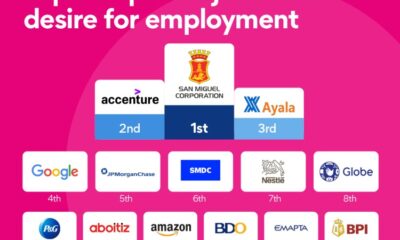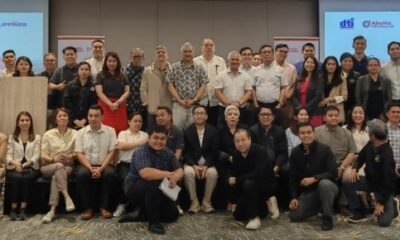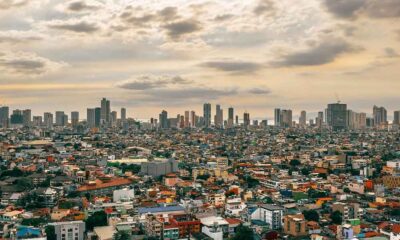MCDCB Drums Up Preps for Traffic Code
Stakeholders from different local government units and private institutions presented their plans that will be used as bases in coming up with a unified traffic code in a summit organized by the Metro Cebu Development and Coordinating Board (MCDCB) and the Cebu Provincial Government last Wednesday, May 9.
Gov. Hilario P. Davide III, MCDCB chairperson, pointed out the need to formulate a unified measure in solving the worsening traffic woes in Metro Cebu.
“Kaning problema sa traffic is not just a problem of Cebu City, Talisay City, or Mandaue City. Tanan kita, all of Metro Cebu and in fact mo-extend pa gani sa mga kalungsuran,” Davide said.
Despite the decision of the Cebu City Government not to participate in the summit, Davide said he is confident that traffic solutions will still be in-sync by comparing and consulting with local traffic ordinances from various LGUs.
“We respect the decision of the Cebu City Government and Mayor (Tomas) Osmeña. Para man gyud ni sa tanan (This is for everyone), our efforts are for everybody. We’ll find out where we can unite because this is one common problem,” said Davide.
The inputs provided by traffic management officers and LGU representatives were consolidated, and these will be used in formulating a unified traffic code for Metro Cebu.
According to a study by the Japan International Cooperation Agency (JICA), the unresolved traffic congestion in Metro Cebu amounted to a loss of at least P132 million a day; such, cannot be solved by road widening alone.
In a separate report, JICA revealed that despite Metro Cebu having a total of 1,398.2 km of road network, traffic congestion has been aggravated by the unloading of jeepneys or taxis on the road.
For her part, MCDCB Executive Director Evelyn Nacario-Castro emphasized the need for LGUs to regulate “culturally-sensitive activities,” such as processions and town fiesta celebrations.
“Ug usa ra jud ang atong dalan nga (And we only gave one road) connector, as much as possible if we can spare these roads from being used for these activities,” said Castro.
Meanwhile, Jonathan Tumulak, Cebu Provincial Government focal person for traffic management, said that the Capitol will continue to support traffic management solutions the best way possible, including traffic education to enforcers.
“We will continue with our goal in establishing a Cebu Traffic Enforcers’ Academy. Traffic can be resolved if we all cooperate. Ang problema sa traffic dili lang kay sa local, kon dili problema pud sa mga national agencies (the traffic is not only the concern of the local agencies, it is also a problem that needs to be resolved by the national agencies),” said Tumulak.
Officials from the Land Transportation Office (LTO), Land Transportation Franchising and Regulatory Board (LTFRB), and Department of Public Works and Highways (DPWH) were also present during the whole-day summit.
www.cebu.gov.ph


































